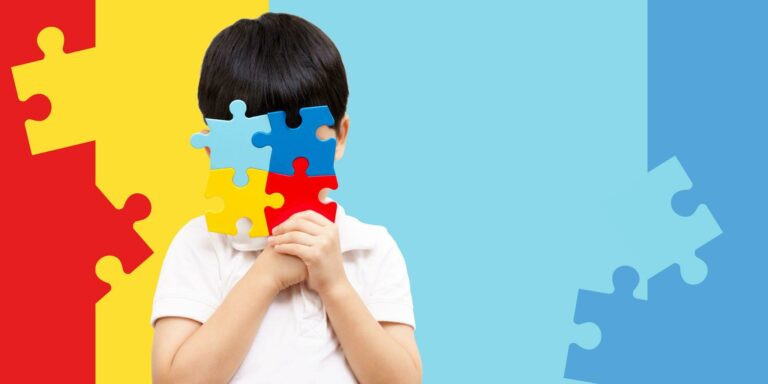
Wear face mask for long time during Epidemic. How to make children learn to “look at people’s eyebrows and eyes”?
Written by: Hong Kong Speech and Swallowing Therapy CentreSenior Speech Therapist Eunice Siu In our daily interactions with others, we not only observe others’ behaviors, but also “explain” and “predict” others’ behaviors. Theory of mind is the ability to infer or substitute other people’s mental states, such as their thoughts, beliefs, desires, and intentions, etc., and to use this ability to explain other people’s thoughts, perceptions, and predict their behaviors. Theory of mind can be subdivided into “emotion recognition”, “beliefs” and “pretend play”. The developmental period for children’s theory of mind is from approximately 3 to 7 years of age. However, before the age of 3, children need to master the following skills to effectively develop theory of mind skills. 1. noticing and imitating the behavior of people around them2. recognizing the emotions of others and using words to express them (e.g., happy, sad, angry, surprised)3. participates in pretend play4. understands that different people have different desires and preferences5. understands that people will act to get what they want (e.g. reach for candy)6. understands the causes and consequences of unsympathetic emotions (e.g. if I hit my brother, my mom will be mad and then she will scold me) Ways to improve theory of mind are: 1. Use more psychologically relevant words when talking to your child Using psychologically related words to communicate with children can help children understand their own and others’ psychological conditions more specifically. Examples of psychologically related words are “think,” “pretend,” “know,” “believe,” “feel,” and words related

